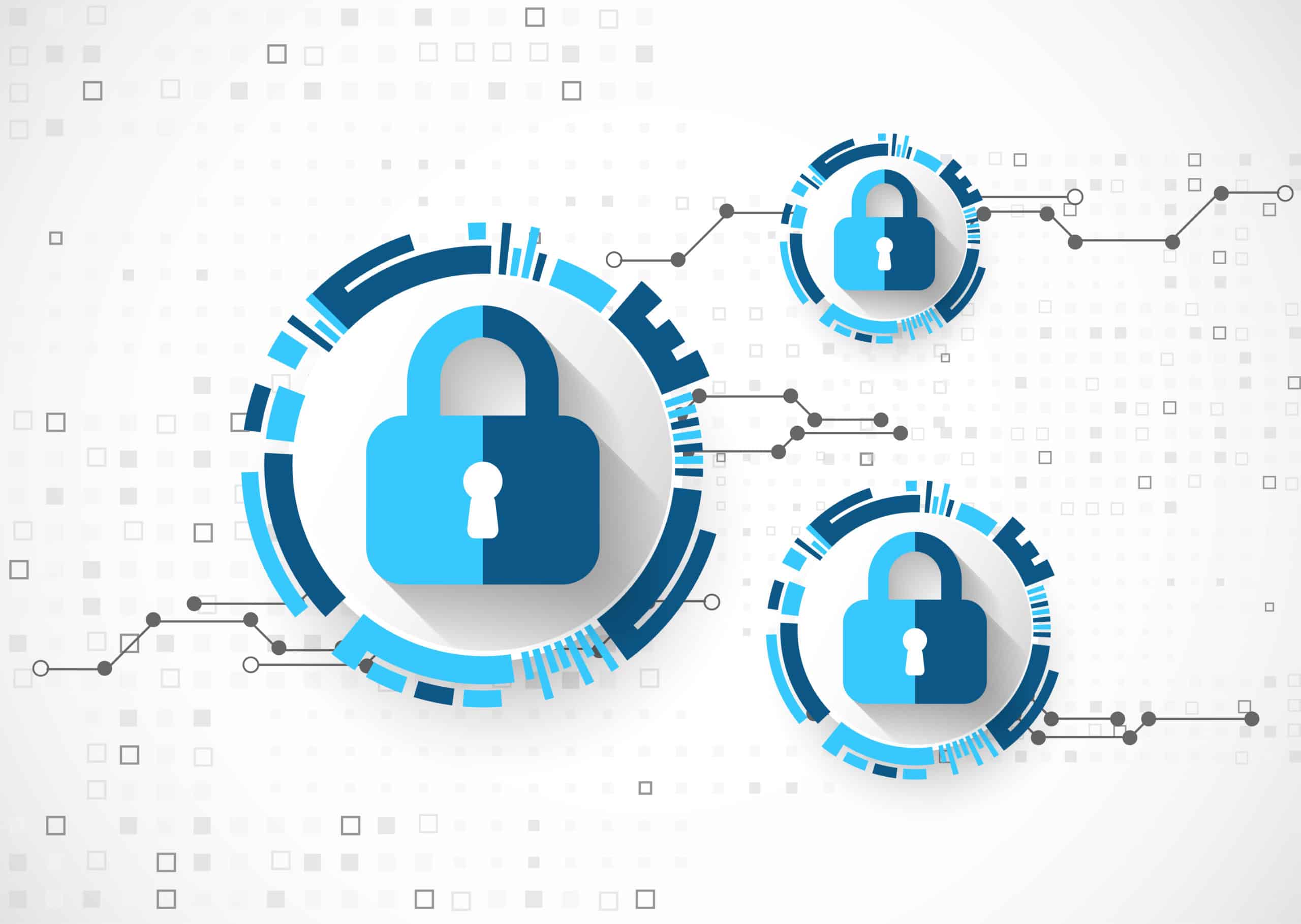In Spite of constant attacks by ransomware and other scams, about 44% of companies worldwide do not have an information security strategy in place, says PwC on the basis of 2018 Global State of Information Security Survey.
Moreover, 48% of the 9,500 executives when surveyed across 120 countries, a report came out that they do not enrol any employee security awareness training program, and about 54% of respondents said they do not follow an incident response process.
Sean Joyce, PwC’s US cybersecurity and privacy leader mentioned in the report,“Organizations must analyze their digital risks and develop resilience for the inevitable.” The report further claims that Cybersecurity preparedness varies widely amongst countries. There are nations that employ an overall security strategy, for example, Japan (72%) and Malaysia (74%). These are east Asian and the Pacific countries, where cyber attacks are among the top five business risks, says the World Economic Forum.
Data is a critical asset and any organization cannot compromise on data security hacks. Building up cyber resilience helps combat cyber attacks and keeps customers safe and engaged. In this article, I have mentioned some of the best cyber security practices so that you can improve your existing strategies and jump on advanced ways to make it part of your work culture.
Do your cyber security efforts pay you off? Check it!
Security has become a need of the hour. Enrolling the best security practices does not matter till they are actually followed. Either you have provided some basic security guidelines, or you may have shared a memo about cyber security earlier, make sure you keep a check on your employees regarding the abidance of good cybersecurity practices. Go for the following procedure to keep your business cyber proof.
- Check they change their passwords often.
- Do your employees have the knowledge of the latest phishing scams? Aware them of the actions to be performed in case of an attack by equipping them with cyber security weapons.
- How frequently do they backup data? Make it regular!
- What approach or strategy do they follow to ensure their accounts safety? If their approach is wrong, provide them cybersecurity training and help them to get on track.
- encourage them to use 2 factor authentication.
You need to dig deep to know how serious your organization is about cybersecurity, train them to attain a pace with cybersecurity while realizing them how important their role is in protecting the business against common threats.
Regular data Backup
No matter how advanced your training sessions are; they cannot guarantee your data security. Therefore, data backup is important. Follow daily backups practice of your file to avoid loss of or damage to your data in case an employee’s device is lost, natural disaster destroyed hardware, or occurrence if a malicious attack. Hunt for a data storage solution that suits your business and its goals. Don’t forget to select a reliable storage option for your data.
Keep Your Software Updated
Keeping your software updated on a regular basis seems a hassle when a notification for update pops up when you are in an important meeting or chilling with your family. You simply put if off to later, but could not make it again due to your busy schedule. By scheduling it later, you are potentially allowing hackers to get in through your outdated software. A software update might sound unimportant to you, but with time, you become more susceptible to security breaches. The idea is to develop a software update policy that every department should follow by performing regular updates to applications and software.
Limit Access
Denying access to unauthorized people to access certain folders or accounts can work as a good cybersecurity practice. Even the people you trust should not be allowed to access computers and information unless they need too. Make sure a client does not get a laptop with your data prior to authentication. Usually, employees have different ranks and positions along with varying access to technology. Make your employees understand the threats to sharing passwords with others. A salesperson, for example, shouldn’t share their small business software password with an accountant. Moreover, individual logins for employees can work far better in enhancing security.
Conclusion
The business world has been a victim of unethical hacking, phishing attacks, bugs, etc.; therefore, organisations need to pre-equip with security tools and privacy enhancements that can prevent any unsolicited activities to take place on your network.
Written by Danish Wadhwa from fly.biz


